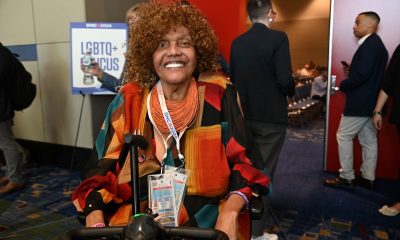Hawaii
Ohana means family: Hawai’ian LGBTQ people & others need help
The death toll has pushed past ninety people and is expected to rise in the coming weeks as recovery efforts continue

HONOLULU, Hawai’i – The devastation of the wildfires that impacted the island of Maui is most evident in the city of Lahaina. The death toll has pushed past ninety people and is expected to rise in the coming weeks as recovery efforts continue.
In a statement to media outlets, the Hawaii Tourism Authority said “In the weeks ahead, the collective resources and attention of the federal, state and county government, the West Maui community, and the travel industry must be focused on the recovery of residents who were forced to evacuate their homes and businesses.”
Maui County estimates more than 80% of the more than 2,700 structures in the town were damaged or destroyed and 4,500 residents are newly in need of shelter.
There are numerous critical needs for the residents who have been displaced, many living in temporary shelters. Randy M. Soriano, the Executive Director of Hawai‘i LGBT Legacy Foundation, Honolulu Pride and the LGBTQ Center Honolulu on the island of Oahu is asking for assistance.
“Mahalo for checking in. It has been a devastating week for the entire state of Hawai’i. Our hearts go out to those who have experienced such a tremendous loss. Our organization is located on the island of Oahu so we’re fortunate to not have been directly affected but we’re trying to activate as much aid as possible,” Soriano wrote in a Facebook post.
“Below I’ve included information on local partners that are collecting donations for those in Maui,” he noted:
The Maui Strong Fund is providing resources that can be deployed quickly, with a focus on rapid response and recovery for the devastating wildfires on Maui.
HCF will not be collecting a fee for donations to the Maui Strong Fund; 100 percent of the funds will be distributed for community needs.
Please consult the following links for more information. If you still have questions, contact Donor Services at [email protected] or (808) 566-5560.
https://www.hawaiicommunityfoundation.org/maui-strong
Our hearts go out to our Maui ‘ohana. Please donate to one of our trusted partners, hawaiiancouncil.org/maui and hawaiicommunityfoundation.org/maui-strong.
On the Big Island of Hawai’i the Prizma Hawaiʻi LGBTQ+ Center wrote:
Notice and Request for Volunteers: Prizma Hawaiʻi LGBTQ+ Center and Hawai’i Island Lgbtq+ Pride will partner to participate in the “Hawaiʻi County Task Force for Maui Recovery Assistance”.
Please share any upcoming details that we will be posting with our Island Ohana so we can help Maui during their recovery.
We are asking for volunteers to help be at the Prizma Hawaiʻi LGBTQ+ Center to accept donations during the times of 5pm-8pm throughout the Week and Weekend times from 9am-12pm. Please message our page or contact Beverly Tese to help fill in spots. Any other non-profits that would like to partner please reach out as well. We will post a calendar of dates and times very soon.
Thank you for supporting us to help Maui,
Prizma Hawaiʻi LGBTQ+ Center Committee
________________________________________________
Hawaiʻi Community Foundation and Maui United Way are accepting online monetary donations to benefit Maui residents affected by fires.
The Hawaiʻi Community Foundation started a Maui Strong Fund to support residents affected by the wildfires: www.hawaiicommunityfoundation.org/maui-strong.
Maui United Way is accepting donations to its Maui Fire and Disaster Relief fund at https://mauiunitedway.org/disasterrelief.
People trying to locate loved ones who may be impacted by the fires can call the American Red Cross hotline at 1-800-733-2767.
Related:
Maui fire survivors frustrated over restricted access to Lahaina burn zone:
Hawaii
Kim Coco Iwanoto elected as Hawaii’s first openly trans state lawmaker
Longtime activist defeated House Speaker Scott Saiki in Democratic primary

In a stunning upset, transgender human rights activist Kim Coco Iwanoto knocked out one of Hawaii’s most powerful politicians, state House Speaker Scott Saiki, in the Democratic primary election on Saturday.
Because there is no Republican in the race, Iwanoto has been elected to represent House District 25, making her Hawaii’s first openly trans state legislator.
This was Iwanoto’s third attempt to win the urban Honolulu district, after close finishes against Saiki in 2020 and 2022, when she lost by less than 200 votes each time. In Saturday’s primary, she won with a margin of 254 votes, according to the latest results posted by the secretary of state — a margin of more than 5 percent.
Iwanoto says she was motivated to challenge Saiki for the seat due to a lack of transparency in Hawaiian politics, and out of concern that everyday issues were being ignored by Democratic Party leadership.
She says a key motivating issue for her was the state’s minimum wage. Although the wage is currently scheduled to rise to $18 per hour in 2028, following a bill passed in 2022, she says Saiki refused to consider a bill to raise the wage from $10.10 per hour in 2020.
“[Saiki] met with the Chamber of Commerce before the session and he held a press conference stating the legislature will not be taking up the issue of raising the minimum wage. I asked my friends who are representatives, did he ask you guys how you felt about not raising the minimum wage from a poverty wage to a living wage? And they said no,” Iwamoto tells the Los Angeles Blade.
“That made me very angry. He should’ve met with people who are living paycheck to paycheck to learn how their lives are impacted.”
Iwamoto says Hawaiians are tired of politicians siding with moneyed interests over their constituents.
“Pay to play politics is rampant, and it’s blatant and obvious,” Iwamoto says. “It’s an open festering wound on the face of democracy in Hawaii. Through the fact of just sheer people-powered campaigning, I was able to get above Saiki’s vote.”
Iwamoto describes herself a fourth generation American of Japanese descent. Her great-grandparents worked on the sugarcane plantations of Kauai. She studied at the Fashion Institute of Technology in New York and earned a BA in creative writing at San Francisco State University and a law degree at the University of New Mexico.
Her experiences as a foster parent and raising her 11-year-old daughter led her to run for the state board of education in 2006. That run also made history, as she became the first openly trans person to win statewide office in the U.S.
“Back in 2006, it was international news when Hawaii elected me to that statewide position. I got requests for interviews around the world. That election did trigger a lot of people of trans experience to see that they could run for office, where their gender identity and experience is just one aspect of who they are,” she says.
“More importantly, I think the lesson here is listen to the voters. It’s what the voters are concerned about. In my case, it was consumer protections for condo owners, safer streets for pedestrians and bicyclists, resources for homeless people who are sleeping in our sidewalks.”
Hawaii has long been held as one of the most progressive states when it comes to legislation to protect the LGBTQ community, a fact that Iwamoto appreciates.
“My opponent was there for 30 years, and he was an ally to the LGBT community,” she says. “What he ignored was the overrepresentation of the LGBT people within the homeless community, within the working community.”
“We are part of every marginalized experience. Whether it’s minimum wage earners, the homeless population, LGBT are overrepresented in youth homelessness, and that persists in cycles.”
Hawaii
Hawai’i could amend constitution to include same-sex marriage
HD 1 was approved in the state House & approved at committee stage in the Senate. It needs 2/3 of Senators to be placed on the November ballot
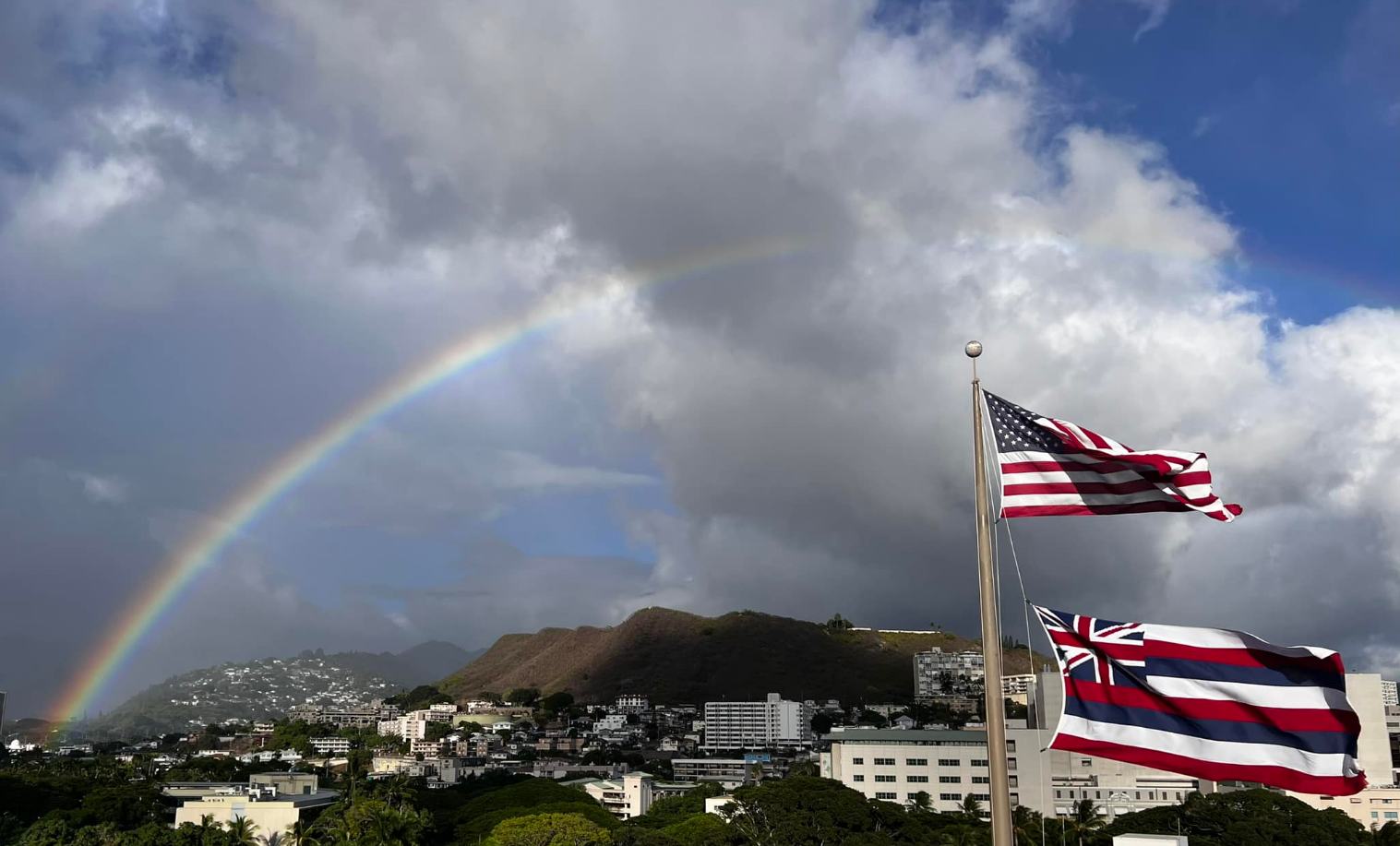
UPDATED Thursday April 11, 2024: The state Senate easily approved House Bill 2802, which will ask voters in November to rescind a provision in the Hawai’i Constitution that gives the Legislature the authority to limit marriage to opposite-sex couples.
By Rob Salerno | HONOLULU, Hawai’i – Hawaiian voters are likely to be asked to amend the state constitution in November to protect same-sex marriage, if a resolution before the state legislature is approved on a final vote in the Senate.
The proposed amendment, HD 1, would remove article 1 section 23, which gives the legislature the power to restrict marriage to heterosexual couples. That power has been void since the U.S. Supreme Court ruled that same-sex marriage is protected by the U.S. Constitution in the 2015 Obergefell decision.
Section 23 was added to the Hawai’i constitution in 1998, after the state Supreme Court ruled that the bar on same-sex marriage violated the state constitution’s bar on sex discrimination in 1993 and ordered a lower court to reexamine the issue. The state legislature quickly used the power granted to it by the section to ban same-sex marriage before the state Supreme Court issued its final ruling on the marriage question in 1999, making it moot.
It wasn’t until 2013 that the state legislature reversed itself and legalized same-sex marriage. But because section 23 is still in the state constitution, a future legislature could theoretically reverse the legalization if the U.S. Supreme Court ever reverses the Obergefell decision.
Some observers have been nervous that the U.S. Supreme Court is aiming to do exactly that, ever since the 2022 Dobbs decision on abortion included musings from Justice Clarence Thomas that the court should revisit Obergefell in light of Dobbs’ new limitations on due process protections. Other justices did not concur in Thomas’ reasoning, although Justice Alito has said that Obergefell should be revisited.
“Many people are surprised to discover the poisonous language of Section 23 remains in our constitution, suppressed by statute and a 5-4 Supreme Court decision,” Jeffrey Hong, Chair of the Change 23 Coalition wrote in testimony to the senate ways and means committee in support of the repeal. “Unfortunately, these people were horrified to discover a Supreme Court decision like Dobbs could change 50 years of bodily autonomy rights overnight. Suppressed poisonous language can be resurrected. We must learn from this recent lesson of the past,”
HD 1 has already been approved in the state house of representatives and has been approved at committee stage in the state senate. It needs to be approved by two-thirds of senators to be placed on the November ballot. Democrats hold 23 of the 25 seats in the Hawai’i senate.
If the question is put on the November ballot, it would have to be approved by a majority of voters to pass.
Hawai’i won’t be the only state with a same-sex marriage question on the ballot this November. Californians will vote on whether to repeal Prop 8, the 2008 same-sex marriage ban. Voters will also be considering equal rights amendments that would indirectly protect same-sex marriage in New York, and the Connecticut and Minnesota state legislatures are considering posing similar questions to voters.
Efforts to put same-sex marriage questions on the ballot failed in Oregon and Virginia.
Nevada was the first state to enshrine same-sex marriage rights in the state constitution in 2020.
******************************************************************************************
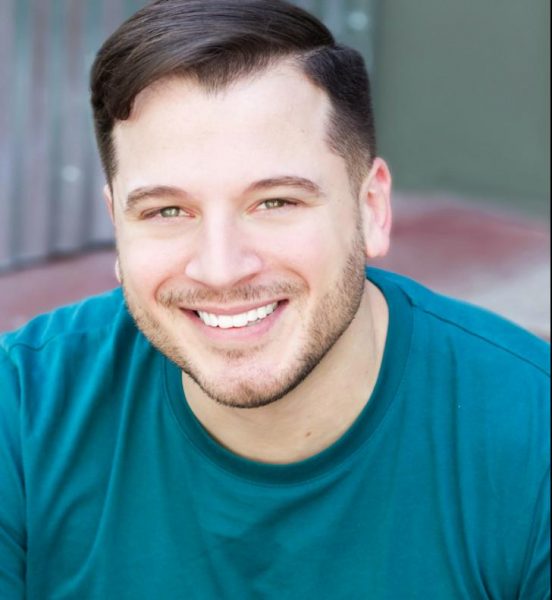
Rob Salerno is a writer and journalist based in Los Angeles, California, and Toronto, Canada.
Hawaii
Hawai’i Governor David Ige signs trio of pro-LGBTQ+ bills
“Collectively these 3 bills are critical in supporting LGBTQ+ members in our communities & ensure that we can work to prevent discrimination”
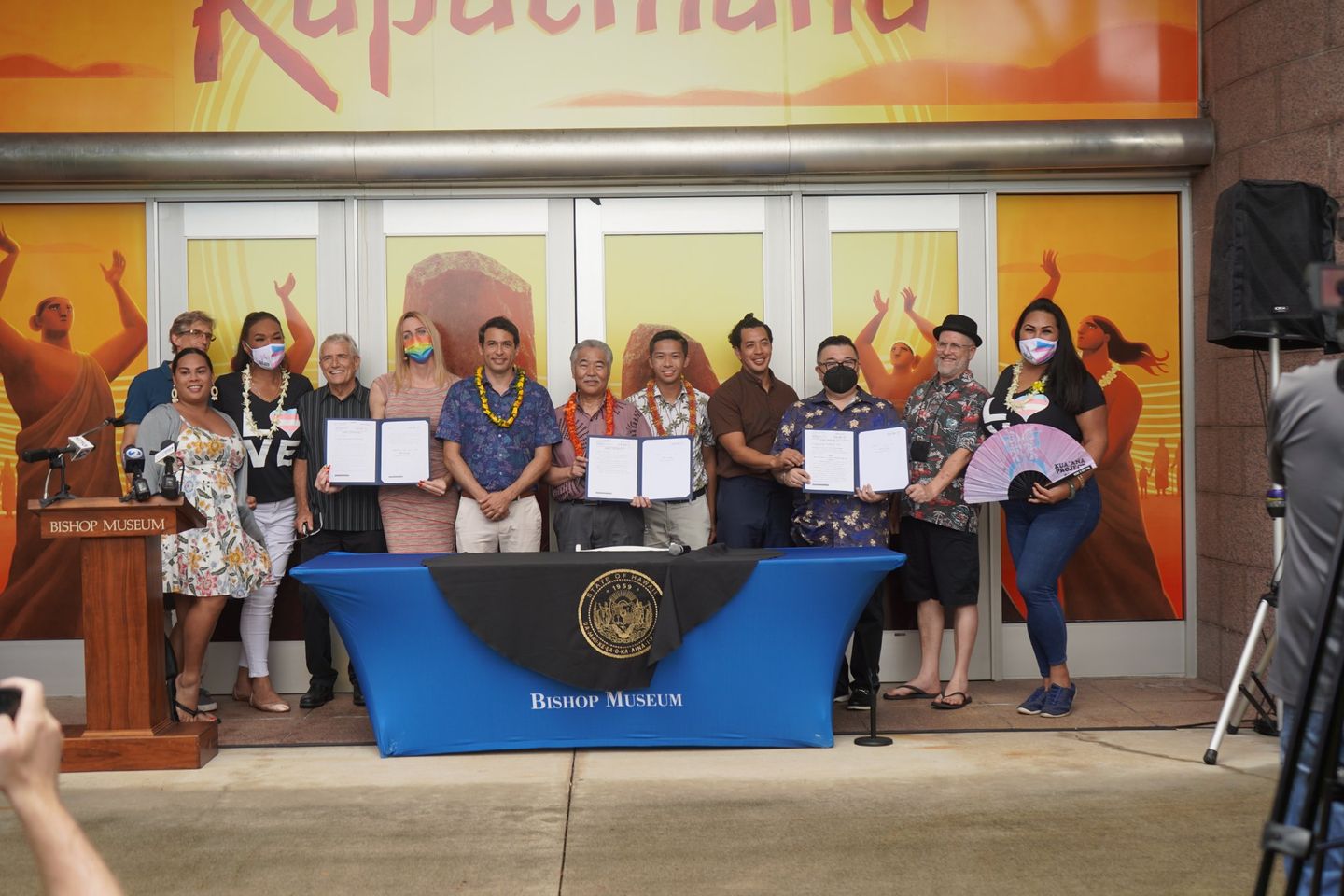
HONOLULU – Hawai’i Democratic Governor David Ige signed a trio of bills in a ceremony last week at the Bishop Museum to help support the LGBTQ+ community and to commemorate LGBTQ+ Pride Month.
The governor was accompanied by several members of the state’s LGBTQ+ community including openly Out Rep. Adrian Tam (D) and others including ally state Senator Chris Lee (D), who has been a strong and consistent advocate on LGBTQ+ issues in Hawai’i.
“Collectively, these 3 bills are critical in supporting the LGBTQ+ members in our communities,” said Ige. “They will help us identify social and community issues more effectively and ensure that we can work to prevent discrimination in many areas of our society.”
The legislation includes HB2405 which states that Insurance providers will be prohibited from excluding gender affirming treatments when medically necessary and will require health plans to provide information on gender transition services.
SB2136 ensures gender identity or expression cannot be a reason for excluding a citizen from jury service (making sure discrimination plays no part in the state of Hawai’i’s legal system).
The final bill, SB2670 codifies that the Hawaiʻi state Lesbian, Gay, Bisexual, Transgender, Queer, Plus commission will be established on a permanent basis.
“Thank you to everyone who made this happen to ensure Hawaiʻi strives to be an inclusive community for all,” the governor said as he signed the bills.
“My hope is that we send a strong message across the nation that while some states are looking backwards, Hawaii will continue to move forward,” said Rep. Tam.
“These bills while important each in their own merits, mean so much more because it is not just about a commission, or jury service or anything else this is about fundamentally rejecting the politics of division,” said Lee.
Hawaii
After only one year, a Gay Hawai’i state Rep. is making a difference
Tam has not let anything get in the way of his work. In only his first year, he has already seen “the difference that we’re making”
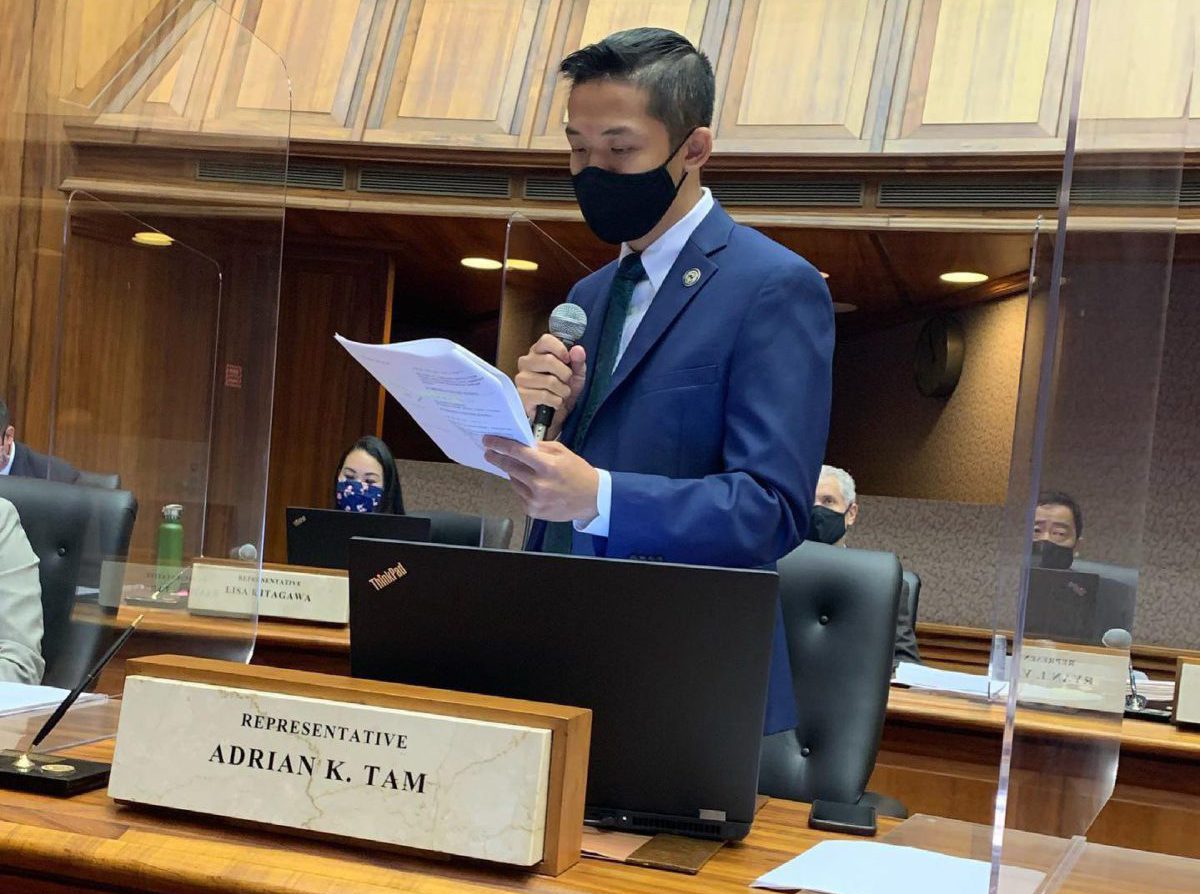
HONOLULU – Hawai’i state Rep. Adrian Tam (D), a gay Chinese-American, had to fight a hard battle to win the seat he proudly holds now.
The 29-year-old first-year lawmaker first had to beat out longtime incumbent Tom Brower in the 2020 Democratic primary – something he knew would be no cakewalk. Bower had served in the lower chamber of the Hawai’i state legislature for almost 15 years, which was one of the reasons Tam felt like it was time for him to go.
Then the COVID-19 pandemic hit right as Tam, who was born to Chinese immigrant parents in Honolulu, launched his campaign. But he saw the pandemic as an opportunity, as Bower would too have to learn how to run a socially distant campaign relying heavily on social media, which Tam saw as an advantage.
“[The pandemic] really allowed me to think outside the box and look at what else I could do to reach out to voters,” Tam told the Blade. “Versus someone who is so used to campaigning without a pandemic who might not know how to campaign during one.”
In August 2020, Tam defeated Bower with 51.9% of the vote.
Next was the general election. Tam’s district – the 22nd, which covers Waikiki, Ala Moana and Kakaako on the island of Oahu – is solidly blue, so it was all but a foregone conclusion that Tam would beat his Republican challenger.
But the man on the GOP side of the ticket was no average conservative – it was Nicholas Ochs, the leader of Hawaii’s chapter of the Proud Boys, a far-right extremist group known for racist and anti-LGBTQ+ violence and rhetoric.
Tam may have had the race in the bag, but that wouldn’t stop Ochs’ campaign from firing racist and homophobic attacks at him.
Shortly after his election victory, Tam told NBC News that Ochs’ attacks rose “almost to a harassment level,” noting that supporters of the Republican candidate bombarded his campaign’s social media to the point where the messages from his own supporters were drowned out.
Ochs maintained that he was not racist, even as his campaign Facebook page was removed for violating the platform’s terms of service and community standards. He was also criticized for past offensive posts toward the Black, Jewish and LGBTQ+ communities.
Yet, Tam told the Blade that he had to hold his tongue. He added, “We had to be the more mature one. We weren’t going to respond to it – we couldn’t. And it really took a lot. My entire team had to hold me back from responding to these things. I wanted to.”
When asked why he didn’t, he responded: “Because the minute you respond, you let them use your platform.”
Tam would defeat Ochs in a landslide, receiving 67.9% of the vote.
“It feels really good to know that someone who is openly LGBT can win,” Tam told NBC Asian America at the time. “There was a time when people like me could not win. I’m glad that I can bring that representation to the capital.”
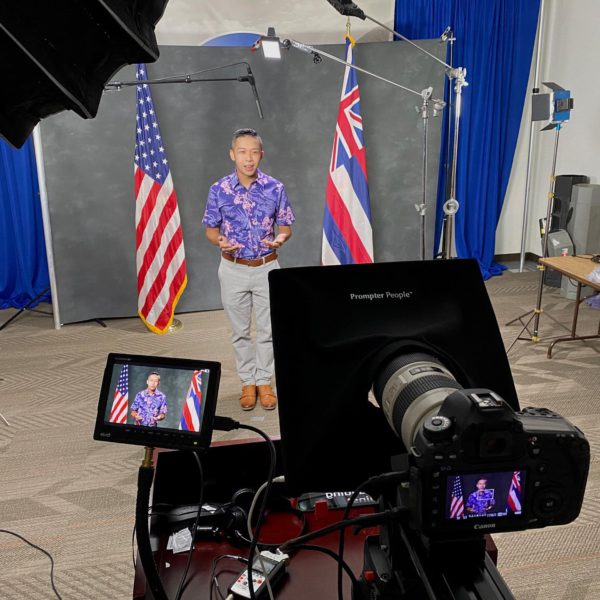
But earning the title of state representative hasn’t gotten Tam the respect he deserves, not even amongst his colleagues – something he attributes to ageism, as well as his race and sexuality.
He told the Blade that state House Minority Policy Leader Gene Ward (R) referred to him as “young man” on the House floor instead of using his proper title of “representative.”
“I think what was challenging was that I couldn’t say anything because I had to be the mature one in the room,” he said. “If I were to react, I would be treated unfairly.”
The Blade reached out to Ward for comment but did not receive a response by the time this article was published.
But Tam has not let anything get in the way of his work. In only his first year, he has already seen “the difference that we’re making.”
One of the things he is most proud of is bringing the people of his district together. “There wasn’t a community in our district before,” he said. “It was predominantly condominiums, so most people stayed within their little associations. But we really brought them out, whether it was community policing or community events, like vaccination clinics.”
Two of Tam’s bills, one dealing with real estate investment and the other providing more protections for homeless youth, have passed, which is a big hurdle for first-year lawmakers to clear.
Tam is particularly proud of the second one, H.B. 282, which allows unaccompanied homeless minors to be sent to shelters. “Hawai’i is a right to shelter state, but it fell short in protecting minors,” he explained.
Homelessness is not only a problem in Tam’s district, but it is also a problem across the entire state. According to the U.S. Department of Housing and Urban Development, Hawai’i had the second highest rate of homelessness in the country with 44.9 in every 10,000 people, many of whom are native Hawaiians, experiencing homelessness in 2019
The LGBTQ+ community also faces disproportionate rates of homelessness. The Williams Institute estimates that 17% of all sexual minority adults have faced homelessness at some point in their life, compared to 6% of their cis, straight peers.
During his first year in the statehouse, Tam also noticed a glaring hole in the lower chamber: there was no group of lawmakers dedicated to LGBTQ+ issues. “We have a women’s caucus. We have a Filipino caucus. We have a children’s caucus. We have a senior citizens caucus. We have a deaf and blind task force. But no caucus that addresses the needs of the LGBTQ+ community,” he said.
So, he plans to fix that. “I’m in the process of creating a caucus that would do such a thing,” he said.
Tam plans to fix many things – it’s one of the main reasons he ran for the seat in the first place.
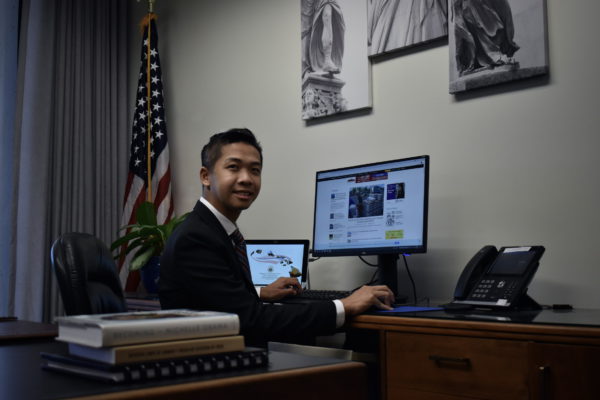
“Oftentimes, legislatures move very slow,” he said. “When a new idea comes to mind, they pass a task force or study. Then the next year that task force study will actually recommend legislation, but then that legislation will still go nowhere.”
He continued: “It kind of makes you wonder: Why do you get into politics if you’re not going to think of solutions to these problems?”
Tam’s ultimate goal is to be the type of politician that fixes problems, not one who stands idly by as issues pile up. He may not even be done with his first term yet, but he is confident that he will be this type of representative while he holds the seat.
“I learned a lot throughout this year, and I learn something new every single day,” he said. “As the days pass and work gets done, I feel I get more and more comfortable with where I’m at. I’m happy with the work that I’m doing, and I know that this is where I’m supposed to be for now.”
-

 COMMENTARY2 days ago
COMMENTARY2 days agoThe hazards of hating ‘Heated Rivalry’
-

 COMMENTARY5 days ago
COMMENTARY5 days agoWhy Rob Reiner’s murder hit this old lesbian hippie so hard
-

 a&e features5 days ago
a&e features5 days agoIndya Moore on history-making Gotham Award nomination and speaking out on social media: “It has complicated my access to work”
-

 Movies4 days ago
Movies4 days agoLong-awaited ‘Pillion’ surpasses the sexy buzz
-

 Books2 hours ago
Books2 hours agoThis gay author sees dead people





